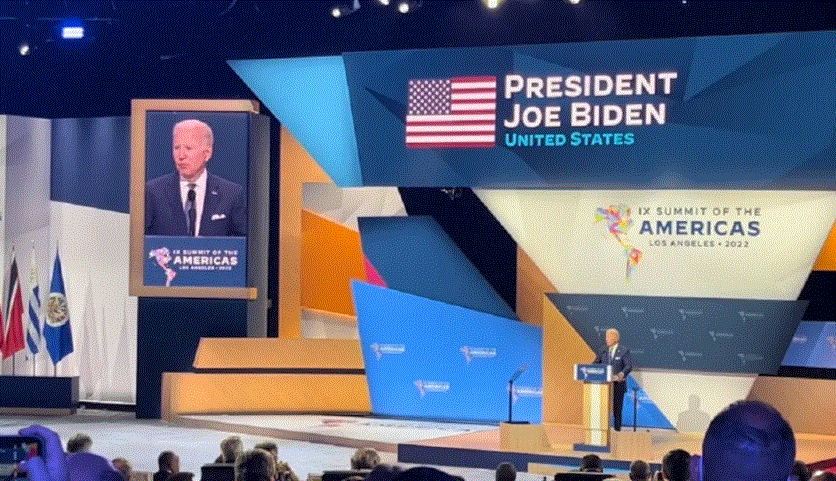The Minister of Education of the City of Buenos Aires, Soledad Acuña, said this Sunday that the use of inclusive language by students generates “an obstacle” in learning and warns that there will be sanctions for teachers who fail to comply with the prohibition of their institutional use in Buenos Aires schools.
“The use of these new additions that break the conventions of the language create an obstacle. If in the classroom you put in a first grade a word with an at sign, another word with an ‘x’ and another word spelled correctly, you will generate confusion,” he said. Coins to FM Millennium radio.
“So we say: ‘Let’s remove those obstacles.’ That does not mean to eliminate inclusive language, the Spanish language has an infinity of resources for not using the generic masculine. We are all aware of that. Language is not neutral, it also makes invisible. I don’t feel comfortable when in a room they say: ‘Gentlemen, we are going to talk about such an issue”, abounded
“We made a resolution within the framework of a lot of decisions that we have been making for a long time, as a result of the consequences of the pandemic on students, as a result of the drop in learning in both public and private schools,” said the Buenos Aires official.
“We make an innumerable number of decisions at this time that have to do with generating new opportunities, reinforcing, accelerating processes, guaranteeing that all boys and girls have the same opportunities, removing all the obstacles that may exist in that process,” he added.
“One of these measures was to regulate the use of the ‘e’, the ‘x’, the ‘@’, in the classrooms by teachers when teaching with students and in institutional communications” Acuna specified. to the FM.
According to Acuña, the use of inclusive language in the classroom “generates an obstacle in the comprehension and reading and writing fluency of students who are in a very critical situation”.
Regarding the possible breach of the rule issued by the Buenos Aires Government last Thursday, so that inclusive language is not used in institutional communications and content in public and private schools in Buenos Aires, Acuña said:
“The first thing that the leadership of that school has to do is explain to the teacher that the focus of what he does has to be on the rights of the students, not on what he or she as an adult is interested in rebelling against or against. The focus is the boys.”
“It is obvious that, like any rule, it has to be complied with and if it is not complied with, there is an administrative disciplinary process. In the same way that if a teacher chooses to evaluate with emoticons instead of numbers. I regulate the ways of evaluating. If it is not complied with, there is a sanction procedure,” she added.
Acuña also pointed out that the resolution of his portfolio does not refer to a ban:
“does not speak of prohibition at any time. None of the measures that accompany the regulations speak of prohibition. The first part speaks of regulation of the exercise of the teaching task. The second article speaks of the approval of manuals on the use of inclusive language without the need to distort the Spanish language. We want the discussion about identities, visibility, denaturalization to continue. We want to reinforce the discussion with concrete elements”.









